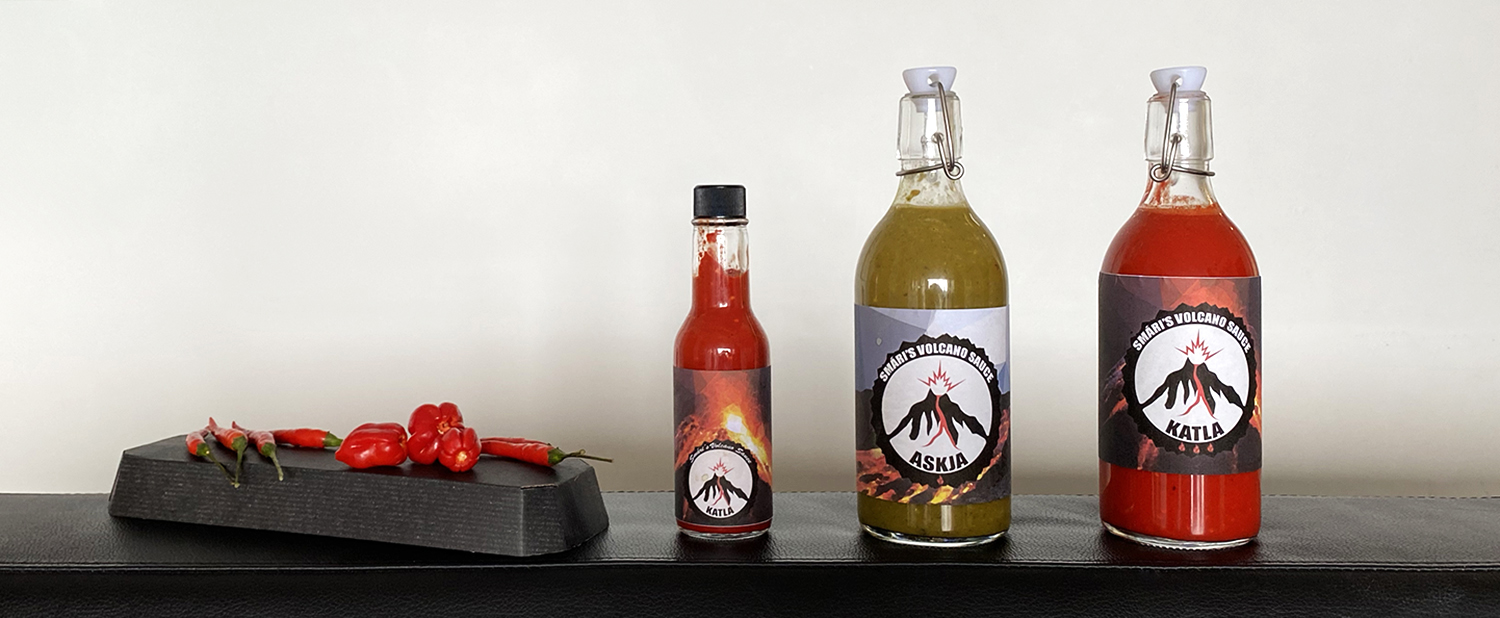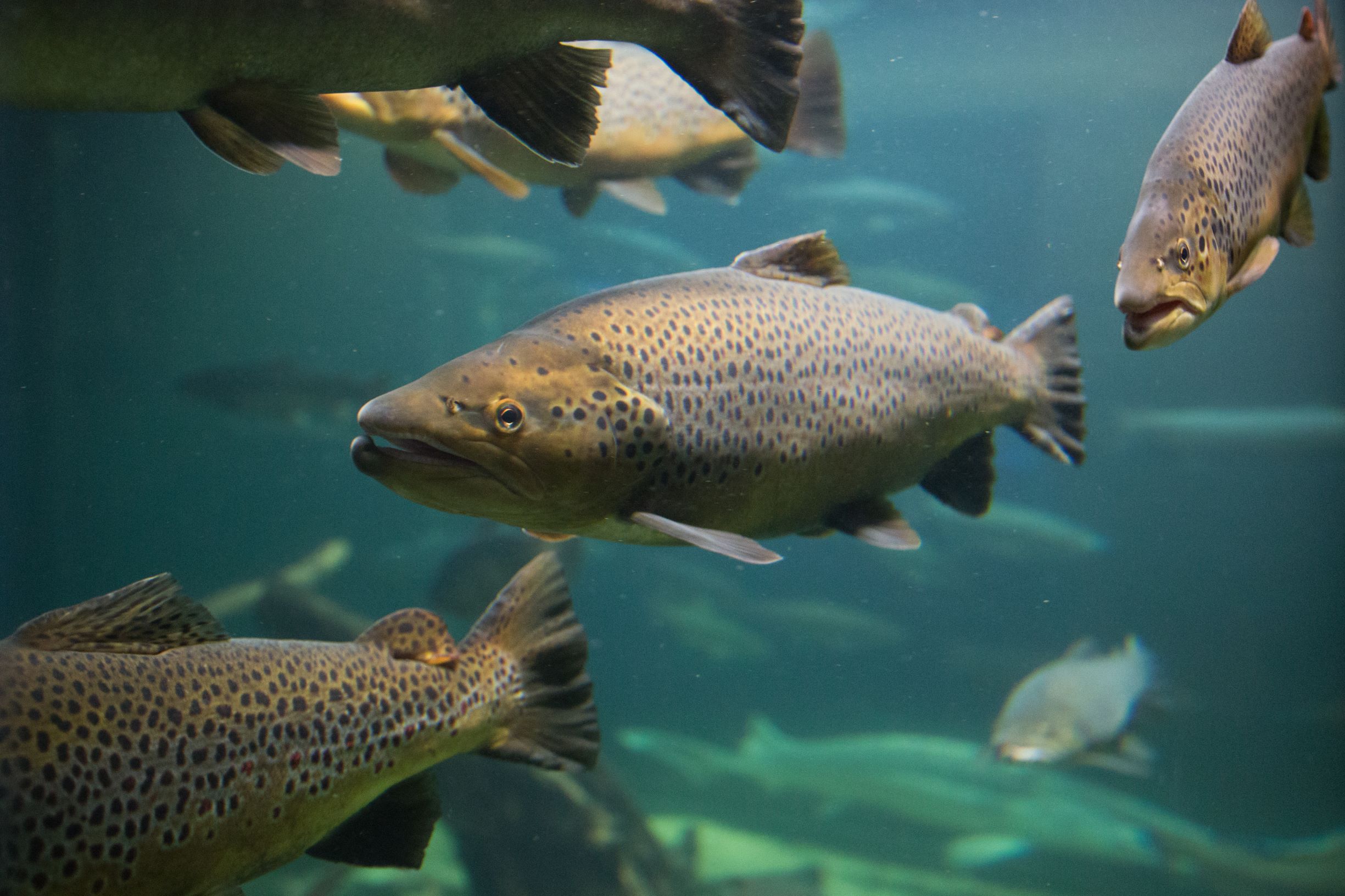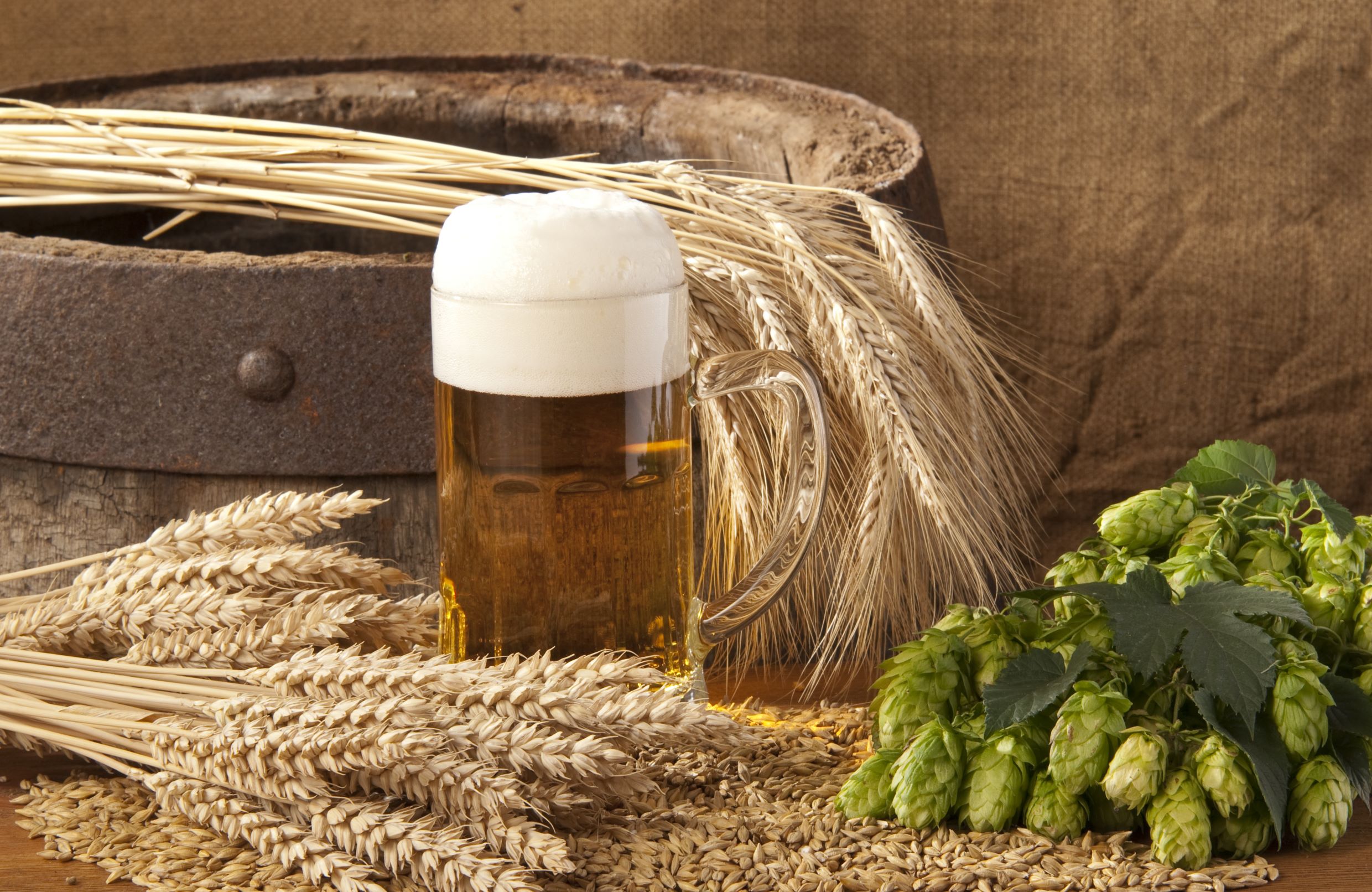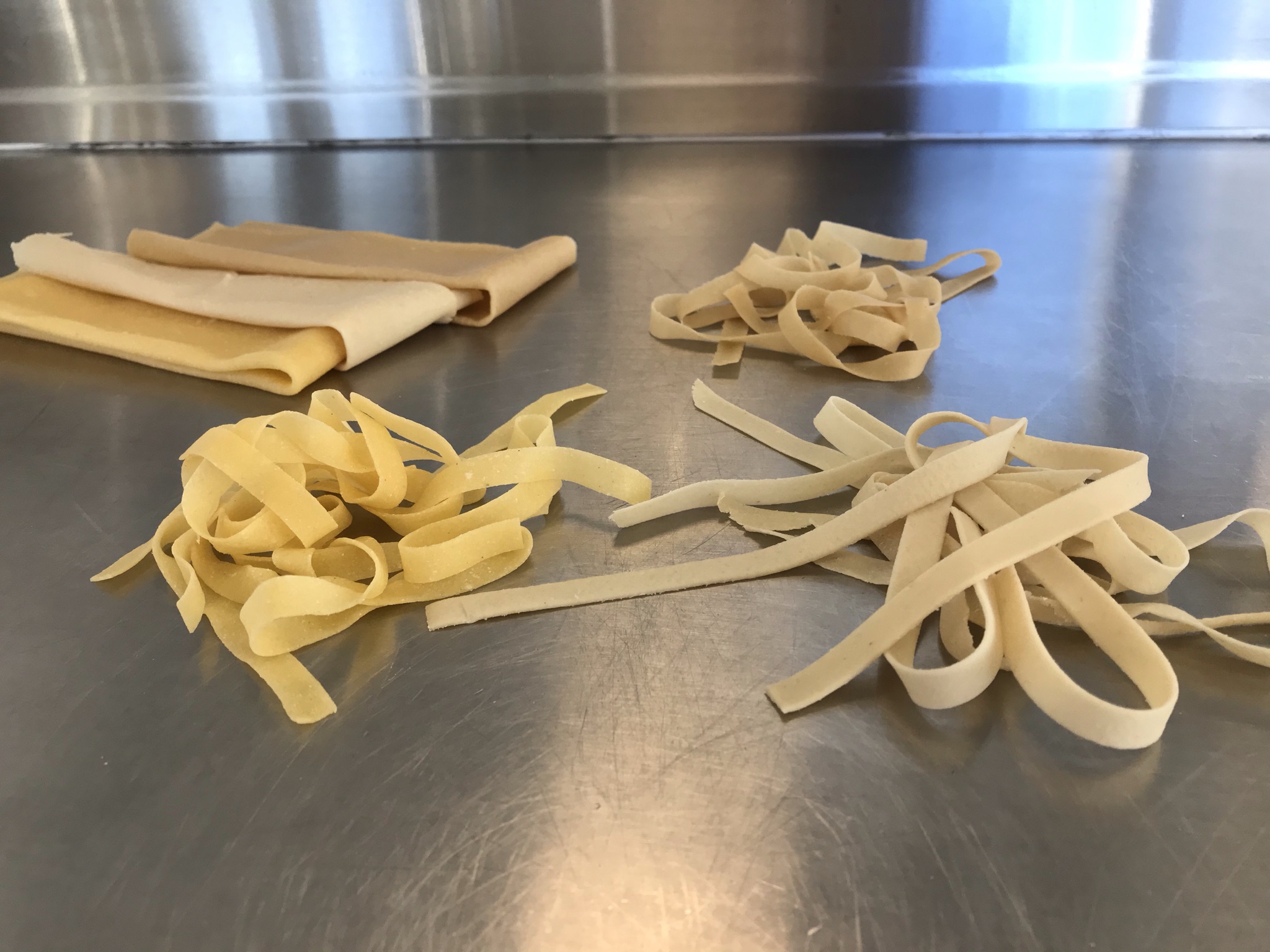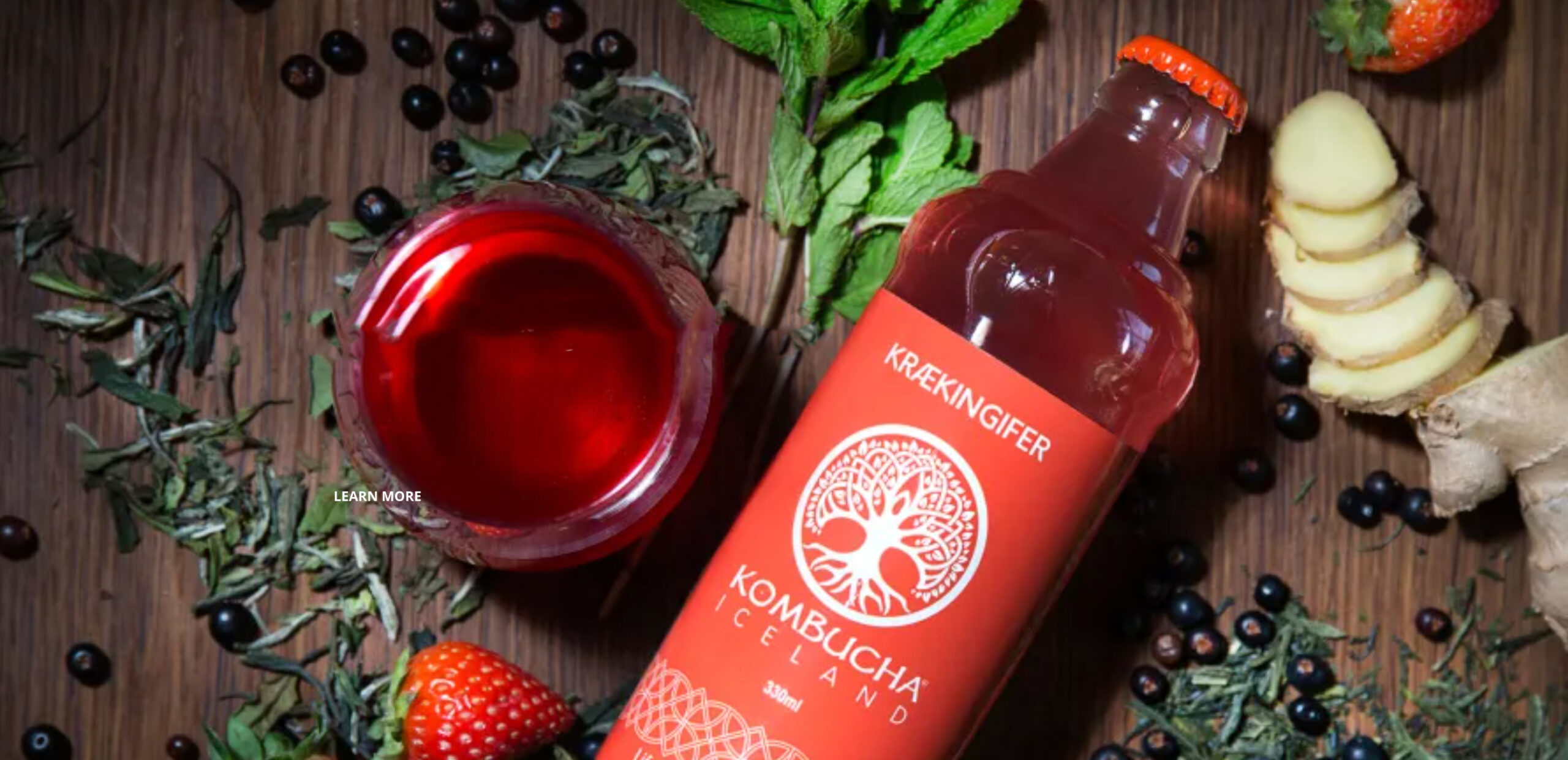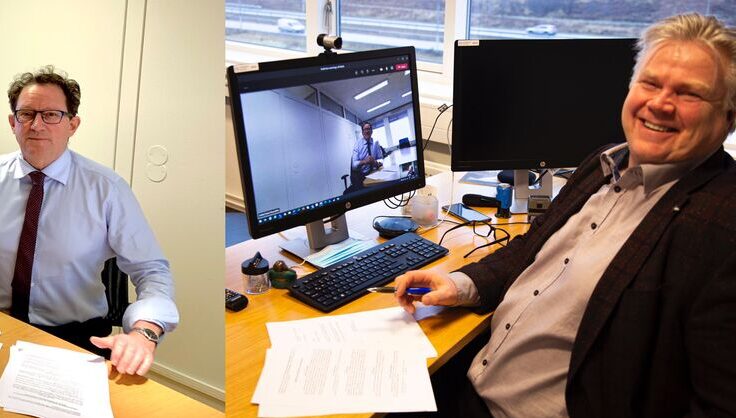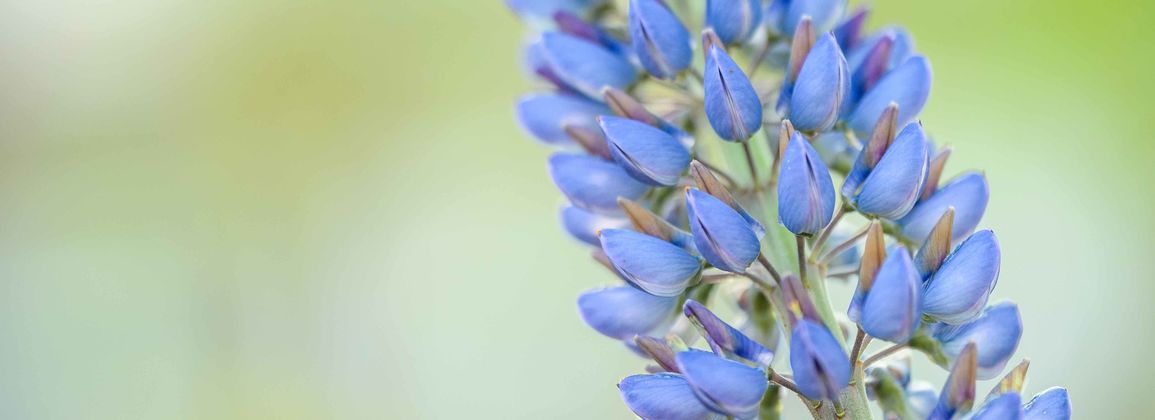The interplay of fat and pigment in feed on the growth and quality of Icelandic char
Lokið er AVS verkefninu „Samspil fitu og litarefnis í fóðri á vöxt og gæði íslenskrar bleikju “ og hefur lokaskýrsla verkefnisins nú […]
The interplay of fat and pigment in feed on the growth and quality of Icelandic char Nánar »

